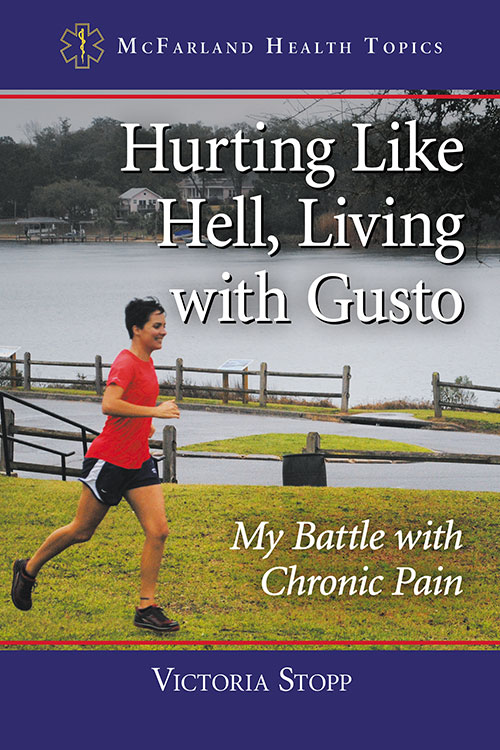I’ve been thinking a lot about nonfiction, both the genre and the actual meaning of the word, and for me, nonfiction is synonymous with truth. But sometimes truth is subjective, and sometimes it changes or evolves. Is truth still truthful if that happens?
Some facts aren’t up for debate. I played soccer for most of my life. I have three dogs. I’m married. These things aren’t open to interpretation. They live in the part of nonfiction that is pure truth, undisputed and easily proven. What about the other version of truth, though? The version that becomes something else? Like that time I told a girl I loved her, but now I don’t even like her? Did I lie to her when I told her I loved her? It seemed so brutally truthful at the time that I felt it in my bones when she didn’t reciprocate. Now, it seems so laughably untrue that I can hardly recall the earnestness I felt when I said, “I love you.”
As far as implications for the creative nonfiction genre, I’m not a scholar, and I didn’t pay nearly enough attention as I should have in school. All I can speak to is my own nonfiction writing, and I’m stuck on the idea of truth then versus truth now, and if any of it’s true at all. When I write nonfiction, I often rely on journal entries, social media posts, photographs, letters, medical records, and any other random pieces of evidence that might help bolster my memories. Questions like, “am I sure my softball hat was purple?” are easily answered by an old yearbook, and I can then write with confidence about the color of my hat (although I don’t think I’ve written about that).
It takes a bit more work to revisit the emotional truths of the past, to delve into the angst of a crisis that may not be a problem at all anymore. Remembering how humiliating it was to dance at the skating rink in middle school is more of a journey than checking a photo for a hat. To get the truth of that preteen humiliation on paper, I have to take my mind back to a skinny boy’s hands on my hips and my stiff legs refusing to move in rhythm. If I wrote an essay about that particular humiliation, my truth would be that it was a shitty dance and a shitty night and I hated everything about it. The boy’s truth might be totally different. Maybe he loved my stiff legs and would write a beautiful essay reminiscing on our first dance. I doubt it, but still. What we’d be left with were two nonfiction essays that conflicted with each other, but weren’t necessarily untruthful, because one would be his truth and one would be mine.
I know some people who’re shockingly good at looking at the past as though only good things happened, and their recollections of various times in life are so tainted by rosy lenses that there’s very little truth left in their stories. I also know that it’s easy for our minds to trick us, and that screwing up the retelling of a memory isn’t necessarily malicious or even conscious. For that kind of stuff though, I get a lot of help from tangible evidence and others’ perspectives. I try to make sure my glasses are as clear as possible, and not just for the big stuff, but for even the smallest details. I recognize that some people don’t give a damn if the hat was purple or blue or red, and don’t understand why I would. It’s a detail that arguably doesn’t matter, but I worry that if I don’t stick to the truth with hat color, I undermine the integrity of the larger work, too.
Still, it’s the evolution of truth that really fascinates me. This question nags at me quite often, and I don’t have a great answer— if it was true then but it’s not true now, was it ever really true? I lean toward “yes, but,” which isn’t the same as just “yes.”
Side note: the Indigo Girls address this more eloquently than I in a few short lines in their song Mystery.
